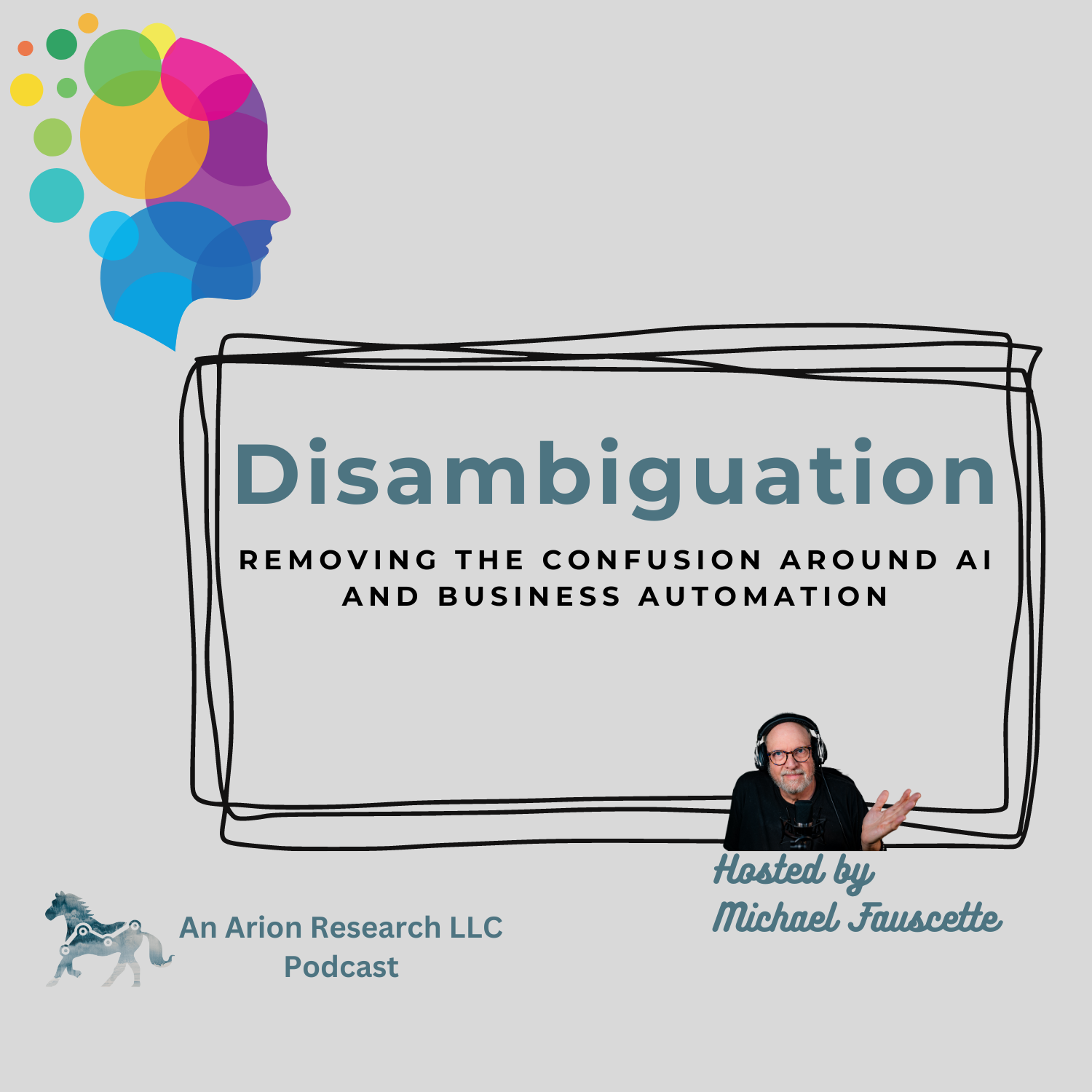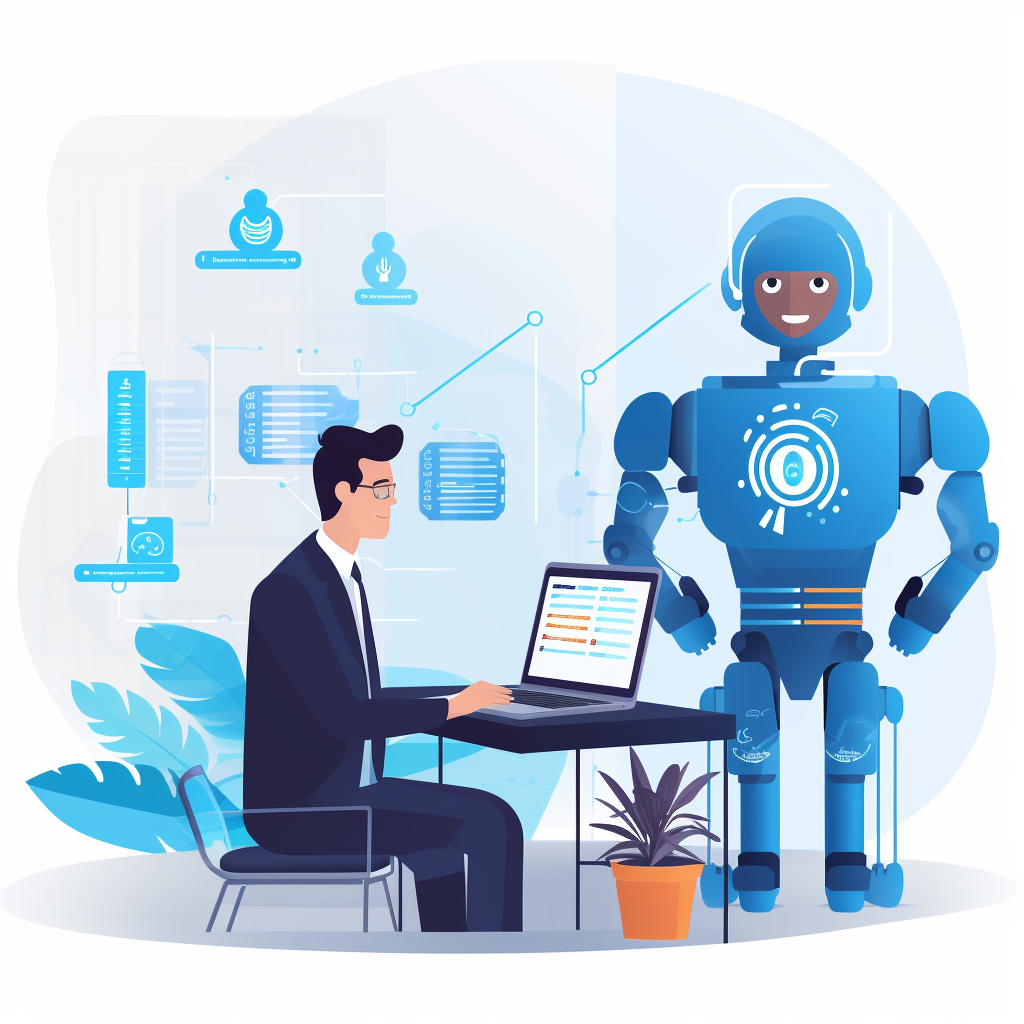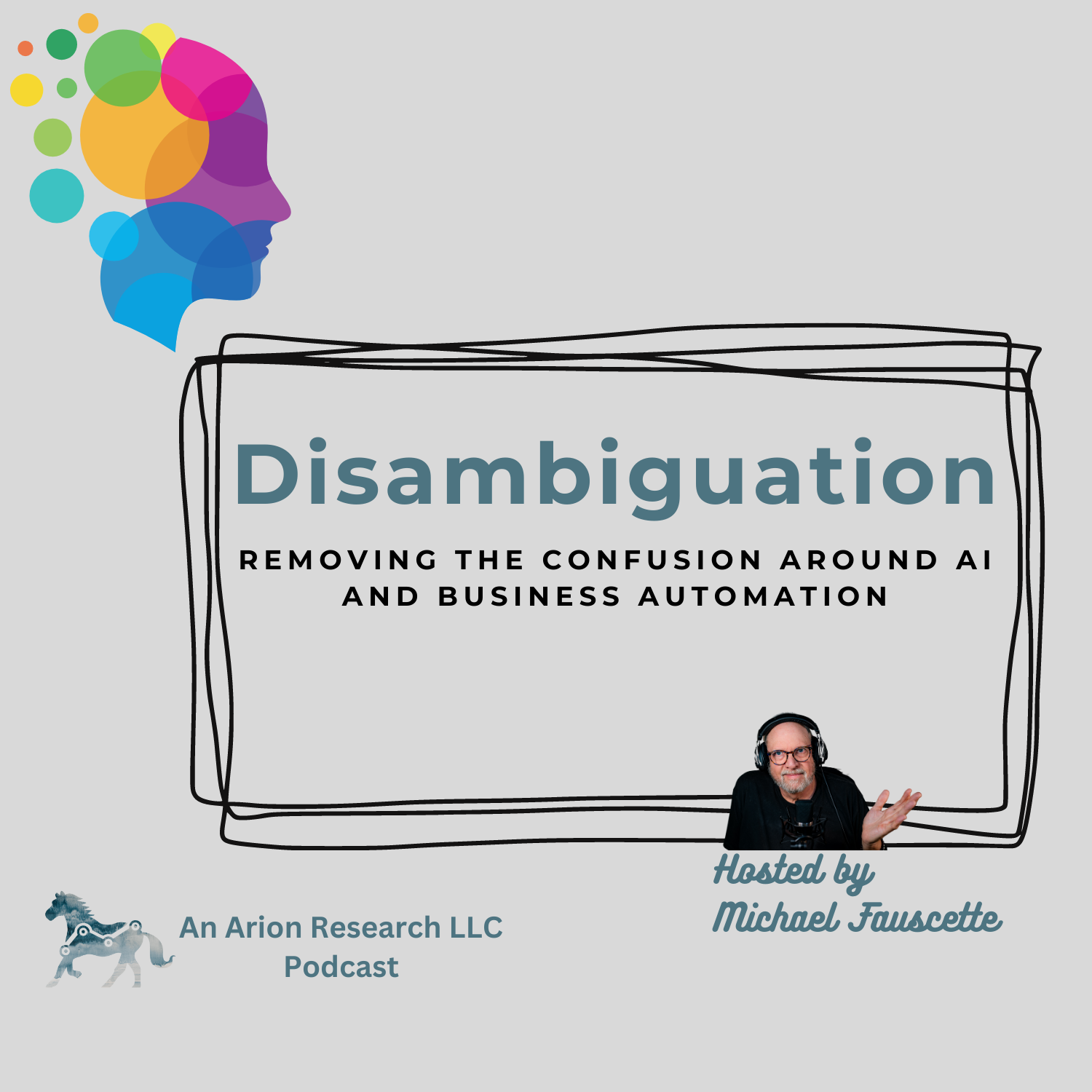
The Business Leaders Guide to Generative AI
Unless you live under a rock, you’re hearing about generative AI and its capabilities to generate text, images, audio, and video content everywhere you turn. As a business leader, it is crucial to understand the current and potential impact of generative AI and how to leverage its power. This guide provides a business-focused overview of generative AI and offers insights into how it can be integrated into your organization's strategy.

Writing More Effective Generative AI Prompts
Generative AI tools like OpenAI’s ChatGPT and Anthropic’s Claude are becoming increasingly popular for businesses, but getting the output you want is not intuitive and often misses the mark. Large Language Models (LLM) can assist in a variety of tasks, including writing emails, creating social media campaigns, summarizing reports, and even accelerating customer service interactions. The quality of the prompt directly influences the accuracy and relevance of the AI-generated output. Knowing how to get the most out of them is a skill that is increasingly in demand. Crafting effective prompts is the key to unlocking the full potential of these GenAI tools.

How Generative AI Can Boost Productivity & Enhance Project Outcomes for Project Managers
Generative AI is a rapidly evolving technology with the potential to significantly enhance project management. By automating tasks, identifying risks, and generating insights, generative AI can help project managers (PMs) save time, improve efficiency, and deliver better results.
Here are some of the ways generative AI is being used in project management today:
Automating tasks: Generative AI can be used to automate repetitive tasks, such as identifying resources, scheduling tasks, tracking progress, and generating reports. This frees up PMs to focus on more strategic and value-added activities.
Identifying risks: Generative AI can be used to identify potential risks and issues early on in the project lifecycle. This helps PMs take steps to mitigate these risks and avoid costly delays or failures.
Generating insights: Generative AI can be used to generate insights from data, such as identifying trends, patterns, and relationships. This helps PMs make better decisions and improve the overall project outcomes.

Disambiguation Podcast Ep 4 - No-code AI Platforms - Transcript
Transcript: In this episode I chat with Nathaniel Mahowald and Mike Gioia from Pickaxe, a no-code AI platform. We covered a wide variety of topics including the use cases of no-code AI platforms, some real examples from their customers, prompt tips and tricks and a few other topics. You can check out their platform and Pickaxe Builder

Human-Machine Collaboration
Human-machine collaboration refers to the synergistic partnership between humans and machines, leveraging the strengths of both to achieve better results than either could alone. The idea behind this collaboration is to combine human intuition, creativity, and flexibility with machine precision, speed, and the ability to handle vast amounts of data. <image created by Boodle.ai ImageBot>

Twilio Signal 2023 - Generative AI and Customer Experiences
At the recent SIGNAL 2023 event, Twilio gave a glimpse into its view of the future of AI-powered customer engagement with the introduction of an assortment of new AI capabilities under the CustomerAI banner. The combination of the power of large language models (LLMs) with real-time customer data from Twilio’s customer data platform (CDP) Segment can offer companies a set of tools designed to improve and enhance customer interactions. <image created by Boodle.ai ImageBot>

Disambiguation Podcast Ep 3 - Balancing AI Adoption and Privacy
Transcript: In our show today I’m joined by Soribel Feliz, a thought leader in the fields of Responsible AI and emerging tech, and we look at balancing the use of new AI enabled solutions, particularly generative AI, with privacy and regulatory compliance challenges.

Automation to Increase Sales Team Performance
In recent years, the productivity of sales teams has experienced a noticeable decline, posing challenges for businesses attempting to hit their financial targets. Automation and generative AI, which have advanced a great deal over the past year or so, do offer some potential for helping turn this trend around. These technological advancements could potentially revolutionize sales team performance and rejuvenate their productivity. By streamlining repetitive tasks, providing valuable insights, and enabling personalized interactions, automation and generative AI have the power to enhance sales team performance. <image created by Boodle.ai ImageBot>

Flipping the Classroom with Generative AI
"Flipping the classroom" is an educational approach where students first encounter new material outside of class, typically through video lectures or reading assignments, and then use class time to work on problem-solving, discussions, or other active learning strategies. Generative AI can play a significant role in facilitating and enhancing this approach in various ways:

Disambiguation Podcast Episode 2 with Jakub Stefaniak
Transcript for Disambiguation Podcast Episode 2 with Guest Jakub Stefaniak

The Importance of Data Preparation in Developing AI Models
AI technology has revolutionized the way we approach data analysis and modeling. For these applications to be successful, though, the data must be properly prepped. Data preparation is the process of organizing data into a format that can be used to create effective AI models. Without proper data preparation, AI models will not be able to effectively analyze and interpret data. As technology advances, artificial intelligence (AI) models and algorithms are becoming increasingly important for businesses and organizations around the world. However, the success of these AI models and algorithms is dependent on how well the data is prepared. Data preparation is essential for ensuring that AI models and algorithms are accurate, reliable, and effective.

Disambiguation Podcast Episode 1 - AI for Marketing
Disambiguation, a podcast that aims to "remove the confusion around" artificial intelligence (AI), generative AI and business automation by looking at the business solutions available today to improve business outcomes and gain competitive advantage. Check it out on YouTube or any of the major podcast platforms.

How Generative AI Can Enhance Your Cloud-Based Services
Generative AI has revolutionized the way we think about Artificial Intelligence (AI) and its applications. By incorporating generative AI into a cloud-based platform, you can unlock an unprecedented level of efficiency and innovation for your applications. With generative AI, you can leverage advanced AI technologies to create intelligent solutions tailored to your specific needs. In this post we’ll explore how generative AI can enhance the services of a cloud-based platform and increase the effectiveness of applications built on the cloud platform.

Introducing the Disambiguation Podcast
We are excited to announce the official launch of the Disambiguation podcast.
"Disambiguation is the process of removing confusion around terms that express more than one meaning and can lead to different interpretations of the same string of text."
Host Michael Fauscette of Arion Research; a leading technology analyst, tech startup advisor, consultant, board member, and storyteller; and his guests "remove the confusion around" artificial intelligence (AI), generative AI and business automation by looking at the business solutions available today to improve business outcomes and gain competitive advantage.


Generative AI Adoption
Since last fall there has been a rapidly growing obsession with generative AI and particularly OpenAI’s ChatGPT. There are a number of open and closed large language models (LLM) from a variety of startups gaining users at a whirlwind pace, as well as several cloud providers offering open integrations and LLMs of their own. The buzz on generative AI started mostly positive but as with most technology there quickly emerges a darker side as well. For generative AI this ranges from the capability to generate overwhelming misinformation campaigns to security and privacy challenges.

Salesforce Starter - Small Business CRM
In a recent announcement, Salesforce unveiled its new all-in-one CRM solution, “Starter”, designed with the needs of small and growing businesses in mind. Starter combines the functionalities of sales, service, and marketing in a single solution and is the next iteration of Salesforce Easy, which was launched last year as Salesforce’s first product led growth (PLG) offering. By bringing these capabilities together in a simpler package, Salesforce believes that it can provide important capabilities to these businesses for managing customer relationships, centralizing critical data, and fostering efficient growth. The solution provides an easy-to-use user interface (UI) featuring guided onboarding, reporting templates, unified customer data, built-in AI, and pre-built dashboards.

New SEC Rules on Cybersecurity Risk Management and Disclosure
Here’s an announcement from the US Securities and Exchange Commission (SEC) that may have slipped by you this week. The SEC adopted new rules requiring public companies to disclose material cybersecurity incidents and provide annual information on their cybersecurity risk management, strategy, and governance; and includes foreign private issuers as well. The goal is to provide investors with consistent, comparable, and useful cybersecurity information in a timely manner.

Predict, Prevent, Protect: AI’s Triple 'P' in CyberSecurity
The digital landscape has rapidly evolved over the years, with technology like Artificial Intelligence (AI) finding itself at the forefront of innovation. However, these advancements aren't solely beneficial. The dark underbelly of this progress is that malicious entities are leveraging these tools to conduct highly sophisticated cyberattacks. The increasing risk of security hacks, data breaches, and other forms of cybercrime is an escalating concern for businesses and organizations worldwide. By harnessing the power of AI, hackers can automate their attacks, resulting in more frequent, rapid, and complex cyber threats. It's not just the scale but also the severity of these attacks that have increased, with high-value targets like financial institutions and government agencies bearing the brunt.

Meta Announces Llama 2 and Two New Partnerships
Meta announced a new version of Llama (Large Language Model Meta AI), Llama 2, and made it open source. Meta believes an open source approach fosters collaboration, iteration and transparency, which is important for new technologies like large language models. Providing access to tools and computing power can create opportunities for businesses, startups, and researchers. Llama 2 was trained on 40% more data than the original Llama model. In addition the announcement included two important partnerships with Microsoft and Qualcomm.
